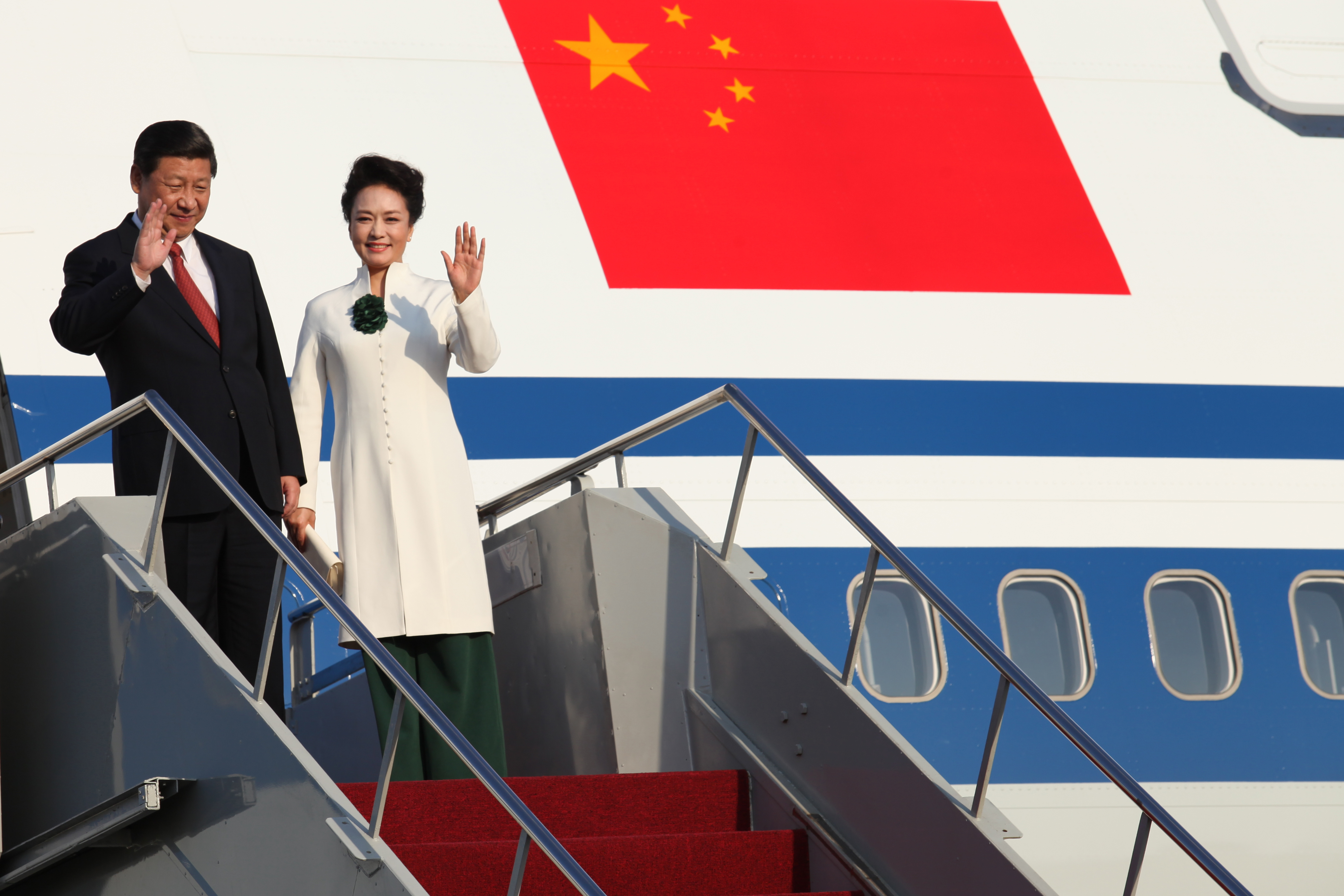
Is China the dominant force of the 21st century?
Durham Union Society’s latest debate, ‘This House Believes China is the Dominant Force of the 21st Century’ commenced late Friday evening.
Defending the proposition was Professor Danny Quah, Economics and International Development Professor and LSE Saw Swee Hock Southeast Asia Centre director. He first defined ‘dominance’, asking whether it is “nation-states that drive the global economy”.
Quah stated that America’s development of a “narrative that runs through having the loudest gun, biggest bombs, [and] most moving iconography”, has “forced ourselves into a straight jacket – a zero-sum game”, he called this “competition of the cruelest kind”.
Amongst China’s successes, he includes “lifting six times the UK population out of poverty”, “saving the world economy”, and “driving the world economic centre”. He also claimed that “the problem is that we don’t necessarily trust China to write the rules of the game”, arguing that we “need to move beyond hard and soft power”.
Quah concluded by arguing that the narrative China should develop is one of “collaboration [and] inclusiveness”, in contrast to the militant American narrative.
Also speaking was Sir Martin Davidson, Chair of Great Britain China Centre and former British Council CEO, who argued that China is “positioning itself as a dominant force in so much more than economic and military might”.
Signposting “enterprise, culture, digital presence, governance, engagement, and education” as key themes in China “seeking to establish a different global order” and “challenging the post-war narrative”, Davidson argued that “the mere fact China speaks about a Chinese dream is critically important”.
Davidson went on to outline China’s “significant” investment in aid, including “48 billion in Africa”, as well as hosting “300,000 foreign students”, with “20,000 short term scholarships given to Africa over the last five years”. China is “aiming at a significant impact on the world” with “a dominant new way of thinking”, he concluded.
The head of BBC Chinese, Raymond Li, also supported the motion commenting on how China has come “from nobody to somebody”, predicting that “China will become a dominant force”. This, he argued would be “essential for us” as “British firms need Chinese markets”, for “Chinese consumers to buy from us and Chinese investment”.
Li proceeded to demonstrate that China “already has the largest sector in social media, with more than 600 million people” as “active social media users”. He also cited November 11th as “the largest online shopping festival”.
Opposing the motion was Stephen Perry, Chairman of the 48 Group Club, the UK’s oldest trading partner with China. Although “some grieve its lack of western democracy”, he argued that “there is no doubt China is likely to grow and develop successfully.”
Perry then argued that “the people of the world have to say ‘no’ to dominant forces because dominant forces fight”, and claimed that “the Chinese are quite clear about how to handle this century, but don’t want to dominate the world” as a “matter of principle”.
Perry proposed history as a reason why “China doesn’t want to be caught up building an empire”, arguing that they are “committed to building the silk rose” by “working with other countries”, which he compared to America’s realisation that “war is more dangerous than peace”, especially when faced with Russia, China, and Iran.
Claiming that “we are looking for sustainable development to enable people everywhere to come out of poverty”, he concluded that “we can aim for something where people have enough development and a satisfactory quality of life- not dominance”.
Also speaking in opposition, Sir Roderic Lyne, Deputy Chairman at Chatham House, claimed he sympathised with the proposition as they “accepted this assignment before the Chinese economy fell this summer”.
Quoting how “the optimists learn English, the pessimists learn Chinese, and the realists learn how to shoot”, he argued that “China will be significant, but a lot less significant than the US was”.
Lyne cited China’s “horrific population issue” as a “demographic disaster” and claimed that the “Chinese spurt has now ended”, with China ranking 88th in the world in terms of personal money. As such, Lowe argued that China is “not the economic platform for a dominant force”.
Lyne then addressed the argument that the “Chinese navy is going to become a very important consideration”, referring to this as “19th-century thinking” and arguing that “no single state is going to be dominant” as “power is increasingly dispersed”.
He concluded with the statement that “we live in a world where non-state-actors are as influential as states” and “the era of great powers is over”.
The last to speak was Sir Richard Ottaway, Chair of the Foreign Select Committee (2010–2015). He argued that whilst China controls 10% of land mass, 19% of the population, and 50% of all pigs, “size isn’t everything”.
Ottaway referred to China as a “flawed country” and stated that “to say one country is the most dominant force in the world is quite frankly laughable”.
China’s debt is “250% of GDP – 4 times the UK”, he claimed. Ottaway also criticised the use of “purchasing power parity”, calling it “misleading”, whilst insisting that China’s exchange rate “hasn’t overtaken”, and that even “economic growth is over”.
Ultimately Ottaway claimed that China’s “lack of democracy”, its “uncertain regional relationships”, and “enormous inequalities” work to restrict its dominance. He concluded, “China is a country that needs to change but it’s mind is set on keeping the regime”.
Noting that there was “nothing about China’s ideology, culture or values mentioned”, that “a big part of being a global force is perception”, and that “it is too early in the century to name any victors”, the audience asked “how will China cope with domestic issues”, and “how it can persuade the world”?
The no’s have it.
